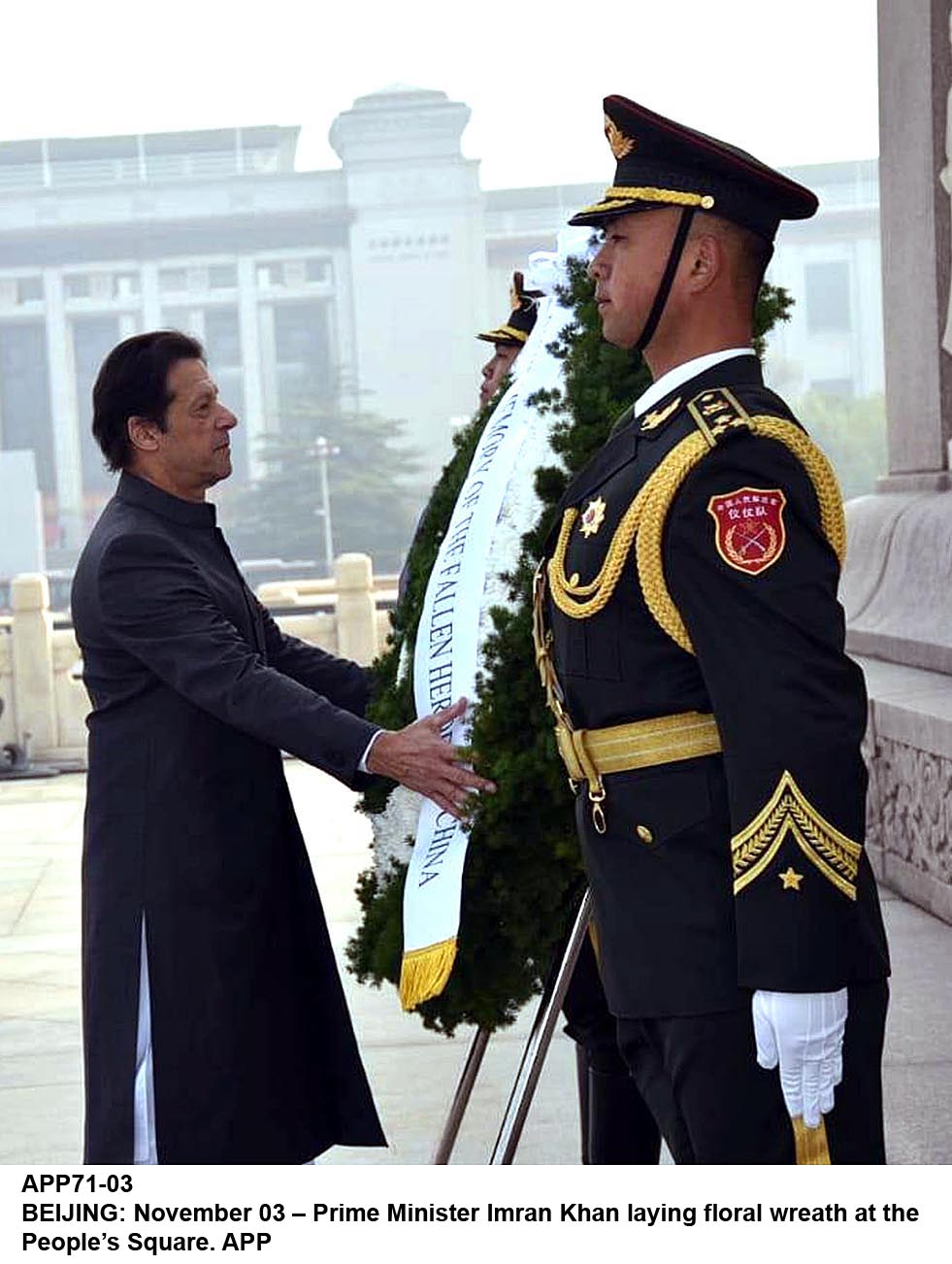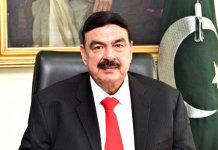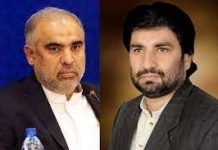Adviser to the Prime Minister on Finance and Revenue Dr Abdul Hafeez Shaikh Thursday said the g
overnment was taking all possible measure
s to save the people from the effects of coronavirus (COVID-9) and cope with its negative impacts on the country’s economy.
Addressing the tax-refund cheques distribution ceremony here, the adviser said the Rs1,200 billion relief package, announced by the g
overnment, was particularly focused on achieving three objectives of providing security, food and cash to the deserving people so that they could fulfill their requirements.
He said Prime Minister Imran Khan had already inaugurated the Rs 150 billion (emergency cash) programme under which 12 million families across the country would be given cash. Each family would be given Rs12,000. One-third population of the country would benefit from the initiative taken by the g
overnment in the hard time.
The adviser said the business community was also badly affected by the situation arose due to the coronavirus and the g
overnment had taken five big decision
s to support them and their employees.
About Rs 200 billion, he said, had been earmarked to help those employees (of private business concerns), who were badly affected by the situation and were facing the threat of unemployment and other difficulties.
He said the g
overnment had announced Rs100 billion for the small medium enterprises (SME), whose owners were facing problems in repaying the principal debt amount or the interest.
Similarly, he added, Rs100 billion were allocated to pay
refund claims to the businessmen and exporters. The g
overnment, he said, had also set aside Rs100 billion for deferred payment of electricity and gas bills by the consumers. The people could pay their bills in three installments instead of paying immediately, he added.
He said Rs 70 billion had been marked the g
overnment to reduce the prices of petrol, diesel and other imported oils.
He said the g
overnment had also exempted all the food products from all types of duties. Importantly, it would procure wheat of around Rs 200 billion with the main objective to ensure that the farmers get money so that there was no contraction in the economy and the demand for agriculture products was increased, he added.
The adviser said
refunds of Rs 100 billion were being paid in four different ways. About Rs 30 billion would be paid on account of Drawback of Local Taxes and Levies (DLTL) through the Commerce Ministry, while Rs 10 billion through FASTER sales tax mechanism, under which record
refunds had already been made to the exporters.
Likewise, he said, Rs 52 billion would be paid as the sales tax
refunds to the non-exporters, whereas Rs15 billion was being
refunded in duty drawbacks. Thus total Rs107 billion was bein
g provided to the business community, he added.
The adviser said the process of
refunds would be completed within a week. He lauded the g
overnment led by Prime Minister Imran Khan for paying all the sales tax
refunds.
“I want to say to the prime minister that it is a contribution of your g
overnment that no sales tax
refund will remain outstanding.” He t
ermed it a historic measure taken by the g
overnment as now there would be no
refunds, which were verified and not paid.
He said the Federal G
overnment was in contact with the businessmen and the provincial g
overnments, so that the relief package money was spent transparently and reached those who were affected by the situation in the wake of coronavirus.






.jpg)


